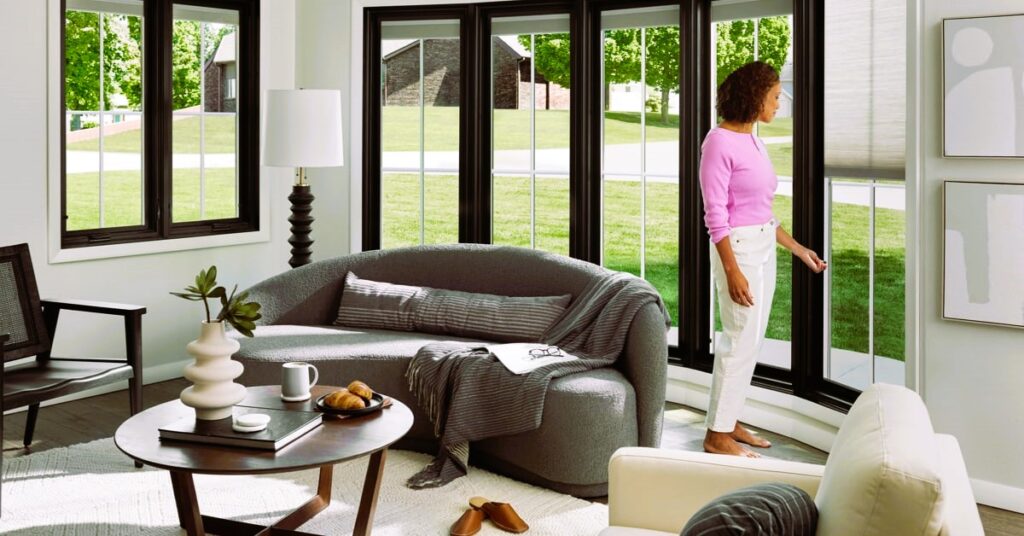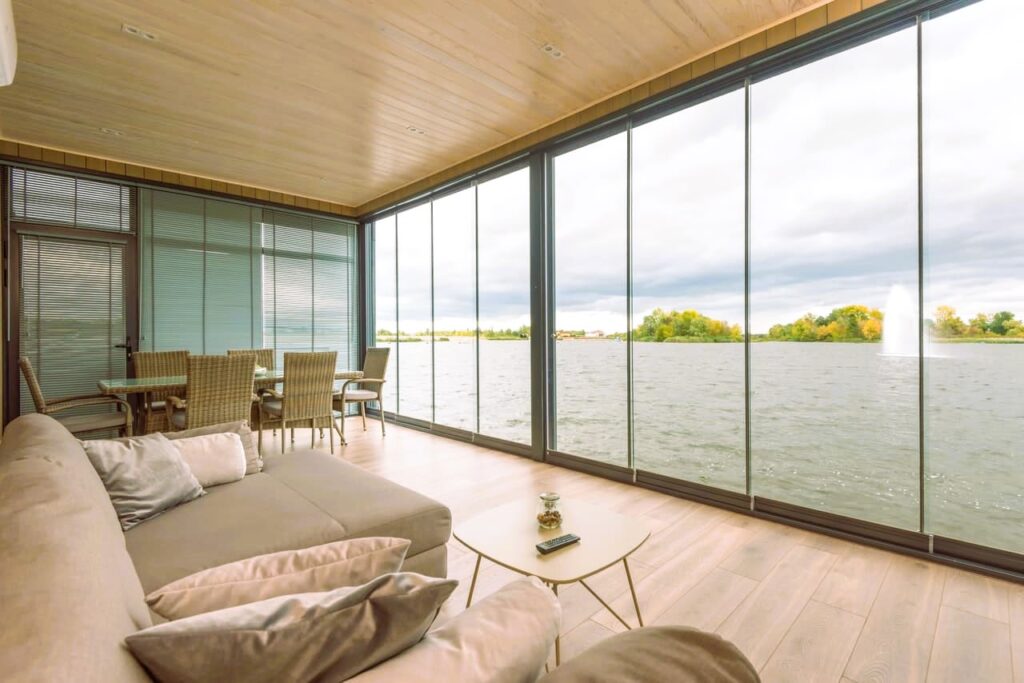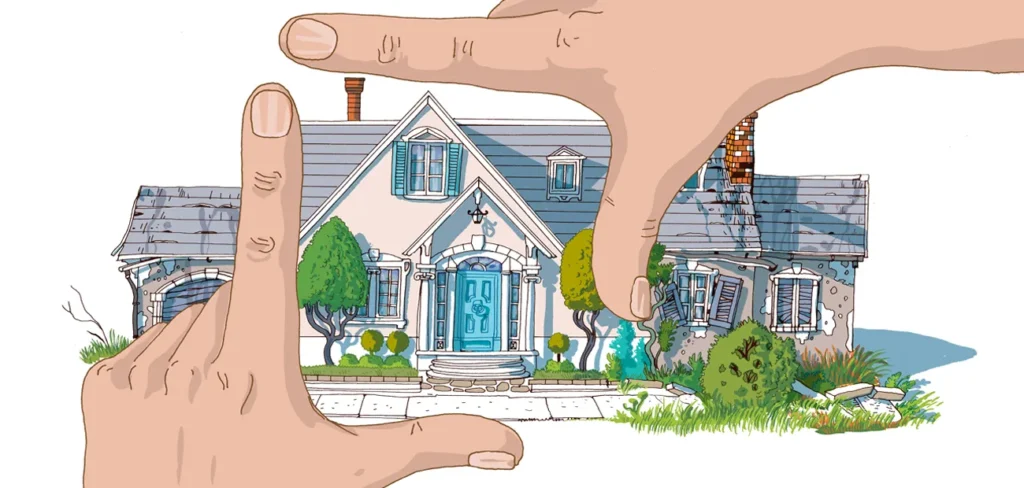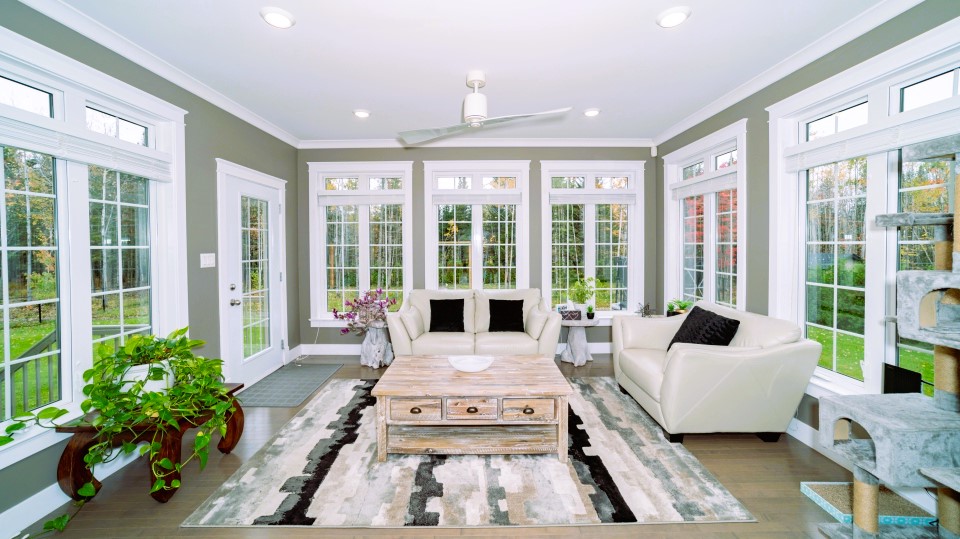Windows have come a long way from their humble origins as mere openings in walls. As technology continues to advance, so does the innovation surrounding windows. In this article, we will explore the future of windows and the advancements and trends that are shaping their development.
- Smart Windows: Smart windows are one of the most exciting advancements in window technology. These windows have the ability to dynamically adjust their tint or transparency based on external factors such as sunlight, temperature, or user preferences. This feature allows for better control of natural light, glare reduction, and improved energy efficiency. Smart windows can also be integrated with home automation systems, enabling users to control their windows remotely through smartphones or voice commands. The development of smart window technology is set to revolutionize the way we interact with our windows and enhance our overall living experience.

- Energy Efficiency: Energy efficiency has become a top priority in building design, and windows play a significant role in this aspect. Future windows will continue to focus on improving thermal insulation by incorporating advanced glazing techniques and insulating materials. Triple and quadruple glazing will become more common, providing better insulation and soundproofing. Additionally, windows may integrate transparent solar cells that can generate electricity from sunlight while still allowing natural light to enter the building. By enhancing energy efficiency, windows will contribute to reducing carbon footprints and creating more sustainable buildings.
- Self-Cleaning and Low-Maintenance: Cleaning windows can be a time-consuming and labor-intensive task. However, advancements in self-cleaning coatings are changing the game. Self-cleaning windows incorporate a thin, transparent coating that uses sunlight and rainwater to break down and wash away dirt and debris. This hydrophilic coating repels water, preventing streaks and stains, while photocatalytic properties help break down organic matter. With self-cleaning windows, maintenance efforts will be significantly reduced, and windows will remain cleaner and clearer for longer periods.
- Improved Durability and Security: The future of windows includes increased focus on durability and security. Windows will be designed to withstand extreme weather conditions, including hurricanes, storms, and high winds. Impact-resistant glazing, reinforced frames, and advanced locking mechanisms will provide better protection against break-ins and enhance the safety of occupants. Additionally, windows may integrate smart security features such as biometric authentication or sensors that detect tampering and send alerts to homeowners or security systems. Increasing the security and protection of windows, here are some tips.
- Interactive and Augmented Reality Windows: As technology continues to evolve, we can expect to see interactive and augmented reality (AR) windows become a reality. These windows will serve as interactive displays, allowing users to access information, control smart home devices, or even transform the view outside. Imagine looking out of your window and seeing virtual objects or information overlaid onto the real world. AR windows have the potential to revolutionize the way we experience our surroundings and merge the physical and digital realms.
- Integration of Sensors and Internet of Things (IoT): Windows of the future will be equipped with sensors that can monitor various parameters such as temperature, humidity, air quality, and occupancy. These sensors will enable the windows to adapt to changing conditions and optimize energy usage. Furthermore, windows will be part of the Internet of Things (IoT) ecosystem, allowing them to communicate with other devices and systems in the building. For example, windows could automatically adjust their tint based on real-time weather data or interact with smart thermostats to regulate indoor temperature.

- Sustainable Materials: Sustainability is a growing concern, and future windows will reflect this trend. Manufacturers are exploring alternative materials for window production, such as recycled glass, bio-based polymers, and sustainable wood frames. Additionally, windows will be designed for easy disassembly and recycling at the end of their lifecycle. By embracing sustainable materials and manufacturing processes, windows will contribute to reducing environmental impact and promoting a circular economy.
In conclusion, the future of windows is brimming with exciting advancements and trends. From smart windows and energy efficiency to self-cleaning capabilities, augmented reality, sensor integration, and sustainable materials, windows will continue to evolve and transform the way we interact with our buildings. As these innovations become more widespread, we can look forward to windows that are not just functional but also smarter, more energy-efficient, durable, secure, and environmentally friendly.





